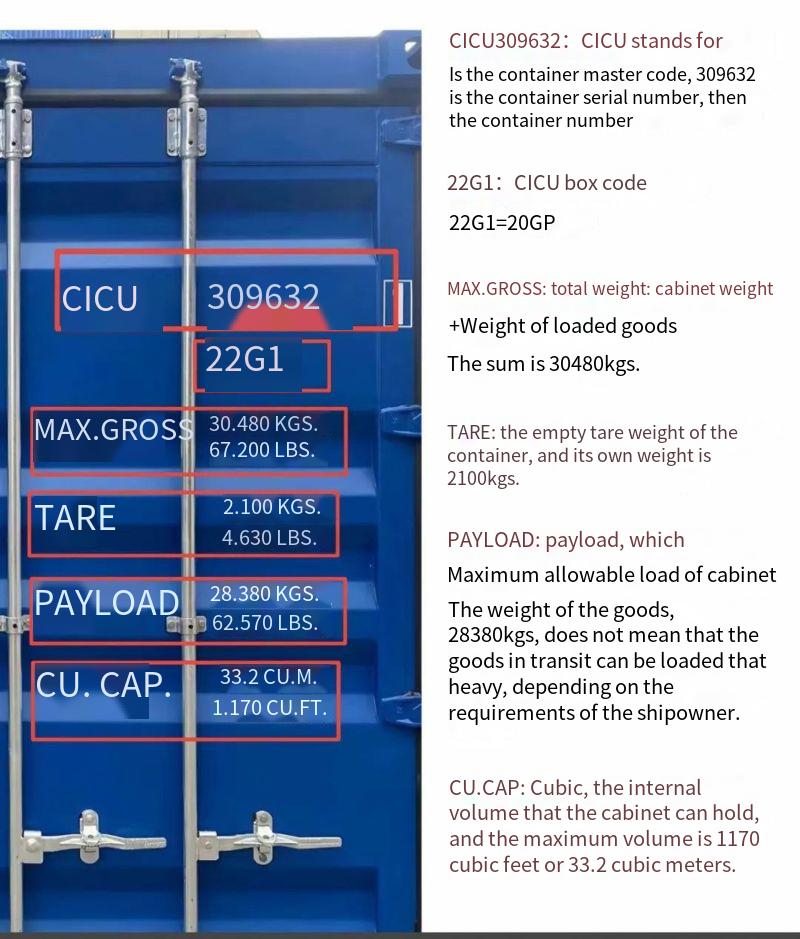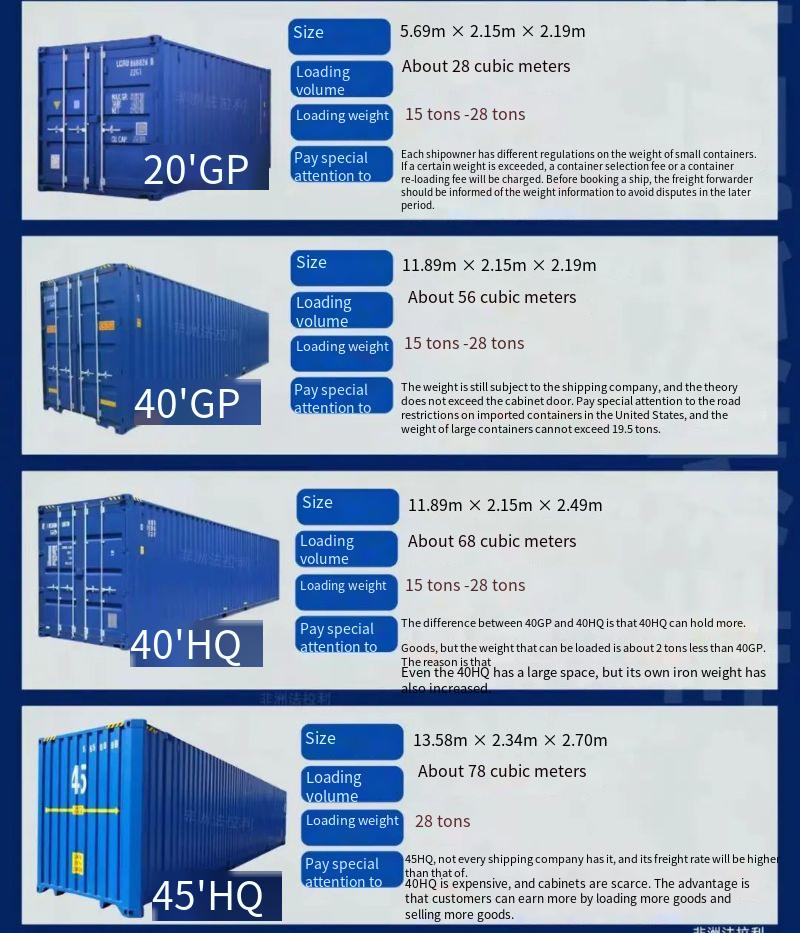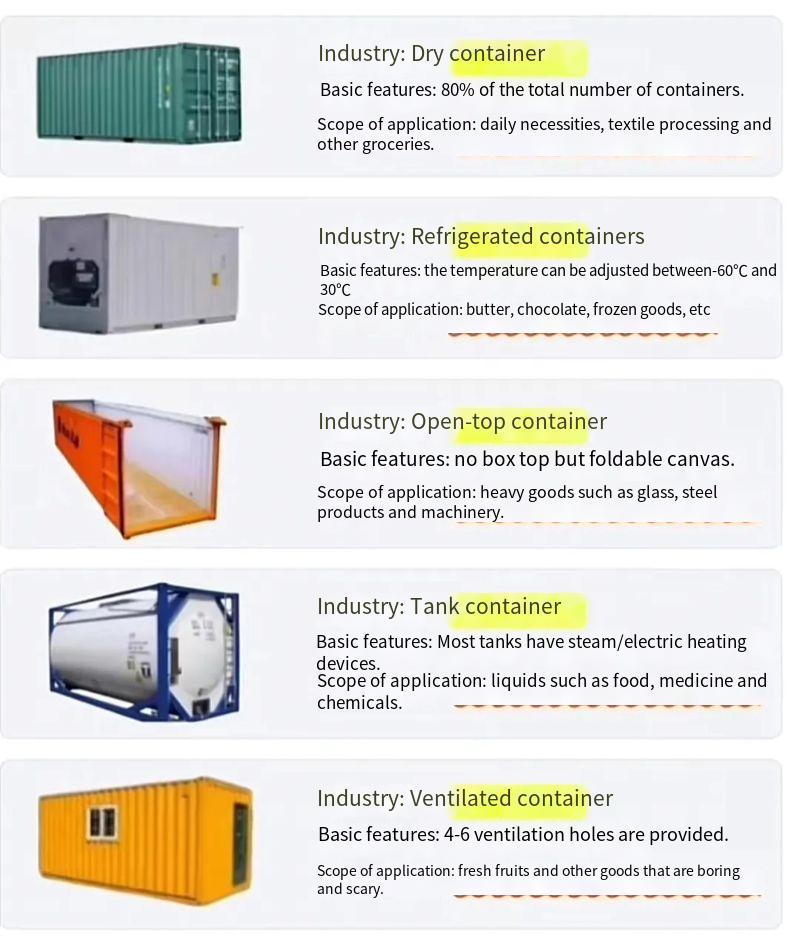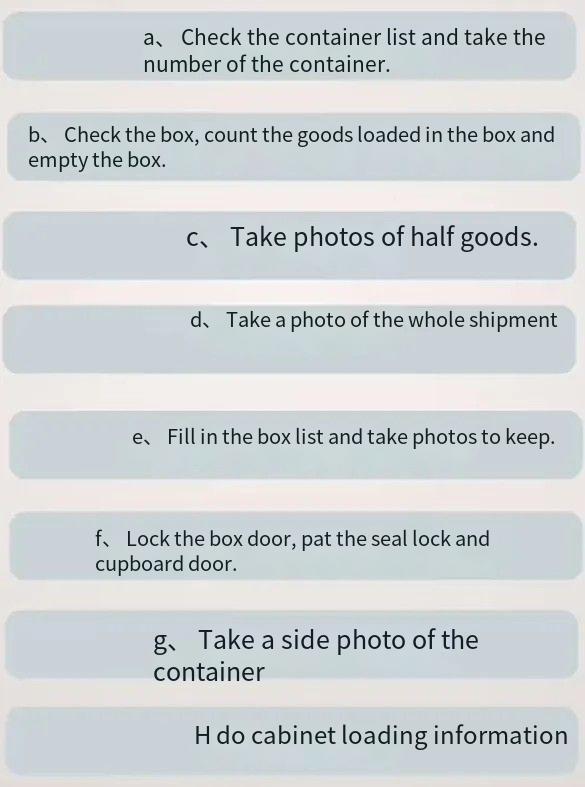Container: The Core of Modern Logistics
Containers are an essential component of the modern logistics system. They not only simplify the cargo transportation process but also significantly enhance transportation efficiency and safety.
Containers are standardized large-sized containers, typically made from high-strength alloy steel or composite materials, capable of holding various types of goods.
The concept of “Containerization” was first proposed by American engineer Malcom McLean in the 1950s, marking the beginning of modern containerized transportation. Over time, container transportation has gradually become one of the primary methods of international trade.
Containers come in different types based on size and purpose, including standard sizes such as 20-foot and 40-foot containers, as well as specialized types like refrigerated containers, open-top containers, and flatbed containers. These various types of containers meet the diverse needs for cargo transportation.
The advantage of containers lies in their standardized design, which facilitates more efficient and safer loading and unloading operations. Additionally, their closed structure reduces the risk of goods being damaged during transit. Furthermore, the reusable nature of containers helps lower logistics costs and promotes effective resource utilization.
Modern container technology continues to evolve, with advancements such as intelligent management systems and the use of eco-friendly materials further enhancing transportation efficiency and sustainability. In summary, containers, as a core tool in modern logistics, play an indispensable role in driving global economic development



How to Check the container before Loading?
